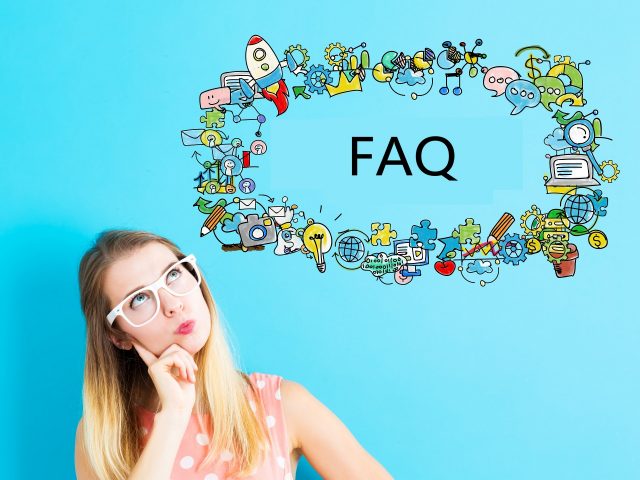Detailed, informative content on your FAQ page will not only help customers understand your business but could also convert into sales.
FAQs or ‘Frequently Asked Questions’ is an important component of your e-com website. Don’t we all check the FAQ page of many of the websites we visit because we need additional information? The FAQ page offers detailed info on various aspects of a business, from how to order to shipping details to return policies to ethical concerns and more. For a customer who is new to your site, the page can provide a wealth of information to help the customer in navigating your site and understanding your business and its policies. In fact, it is the go-to page for most new customers.
But here are some more reasons why the FAQ page is significant:
It improves search engine listings: We all know how important it is to be listed high on search engines. Especially when you are a newbie. If someone is searching for a particular product or service, and your business doesn’t pop up on search engines, how will they find you? A well-written, informative FAQ page with relevant keywords can boost your search engine ratings. It is a very good SEO tool for your website.
It’s a time saver: Answering individual questions from customers can be a drain on your time. By implementing an informative FAQ page, your customer can find answers to most questions. Even if they do contact you, you can refer them to the relevant section of the page or copy and paste the info onto an email. This is especially helpful for a fledgling entrepreneur; you save money on hiring a customer service team.
It helps to build a relationship with customers: Since customers can find information that is relevant to them, they will trust you more since you are being transparent about your business and your policies. Imagine going onto an e-com site where there is no extra info on payment details, exchange policies or how secure the site is. Would you buy anything from there?
It enhances site navigation: By providing hyperlinks in the FAQ section, customers can be directed to the suitable pages, product or service or to the appropriate solution. This helps customers save valuable time in trying to figure out where they need to go to get what they are looking for. Ease of navigation means a potential customer will not jump off your site because he or she is unable to find what they are looking for.
It helps customers look at your business positively: The FAQ page gives you the opportunity to list all that is good, positive and unique about your business. You can list the features and benefits of your products, you can talk about what is unique to your product, and highlight issues like if your product is ethically sources, eco-friendly, uses recycled material or has provenance, etc.
It can highlight information: The FAQ page is where you can highlight key information that will help your customer to make informed choices or entice the customer to buy your product or service. Well-crafted and detailed info can interest a customer in your business.
It addresses the needs of a customer: When a customer lands on your site and has no clue what your business is about, chances are that he or she will go to the ‘About’ page or the FAQs section, more so if he or she is drawn to what you are offering. Well-written, informative content on the FAQs page will answer all the questions the customer has and could convert to sales.
It makes you an expert: The more informative your FAQ page on your business, product or service and your industry, the more customers will feel that you are an expert in your field. This in turn makes them trust you. With increasing competition and clutter, you need your website to stand out; you need potential customers to trust you and look up to you as an expert. If they believe that you are an authority in your field, chances are they will buy your products.
The FAQ page can really help to boost your business. However, do remember to take your time to craft the section to make it easily readable and packed with all the relevant information.



















































